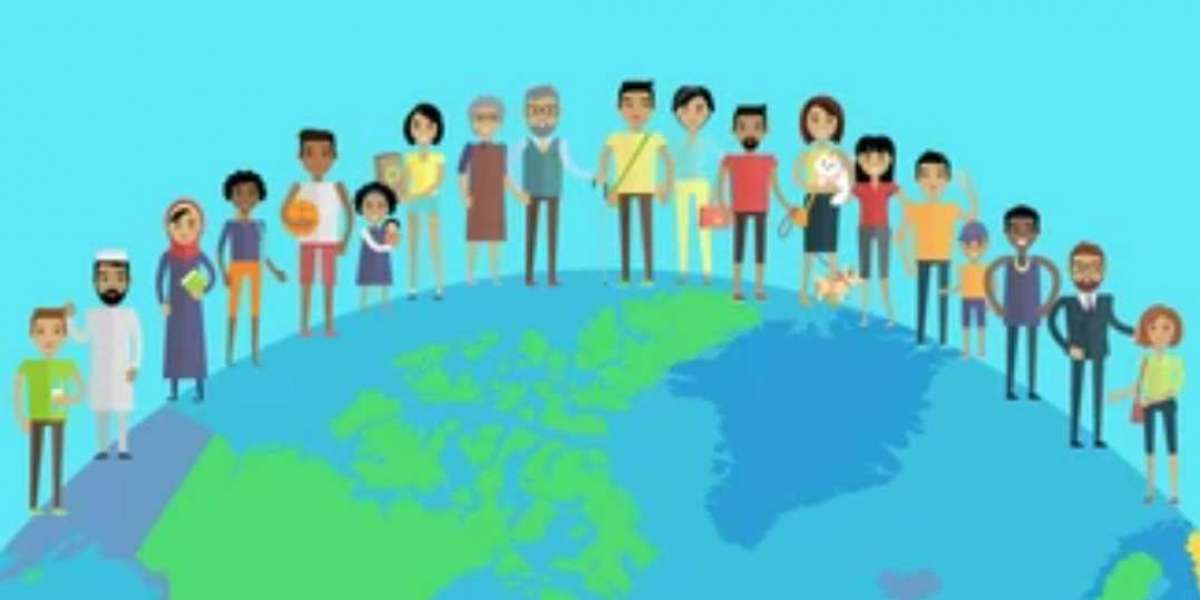People and nation are two interconnected concepts that are fundamental to understanding human society and the world we live in. People refer to the individuals that make up a society or a community, while a nation refers to a group of people who share a common identity, history, and culture, and who typically occupy a particular geographical territory. In this essay, I will provide a more detailed description of people and nation, their characteristics, and their relationship.
People are the basic unit of society. They are diverse in terms of their race, ethnicity, religion, culture, and language. People are social animals, and they rely on each other for survival, growth, and development. People come together to form communities, which can be defined by shared values, norms, and practices. The size and composition of these communities can vary from a few individuals to millions of people.
One of the defining characteristics of people is their ability to communicate. Human beings have developed complex languages that allow them to convey their thoughts, emotions, and intentions. Communication is essential for cooperation, coordination, and socialization. It allows people to exchange knowledge and ideas, form relationships, and build communities. Communication also enables people to develop shared identities, histories, and cultures, which are essential for the formation of a nation.
A nation, on the other hand, is a group of people who share a common identity, history, and culture. Nations are defined by a sense of shared belonging, and they often have a shared vision of the future. Nations can be based on various factors, such as ethnicity, language, religion, or history. They typically occupy a specific geographical territory, although this is not always the case.
The concept of a nation is complex and multifaceted. It encompasses a range of social, political, and cultural factors that shape the identity and aspirations of a group of people. One of the key features of a nation is its shared history. Nations often have a narrative of their past that highlights their achievements, struggles, and values. This narrative serves to unite the people and reinforce their sense of belonging.
Another key feature of a nation is its culture. Culture encompasses the shared beliefs, customs, and practices of a group of people. It includes elements such as language, music, literature, art, and cuisine. Culture is a dynamic and evolving concept, and it is influenced by a range of factors such as historical events, social changes, and globalization.
The relationship between people and nation is complex and multifaceted. On the one hand, people are the building blocks of a nation. Without people, there can be no nation. On the other hand, a nation provides a sense of belonging and identity to the people who make it up. A nation gives people a shared history, culture, and language that they can use to form relationships and build communities. A nation also provides a framework for political and economic organization, which can help people to achieve their goals.
However, the relationship between people and nation is not always harmonious. In some cases, the interests of the nation may conflict with the interests of certain individuals or groups. This can lead to tension and conflict, as people struggle to reconcile their individual needs and desires with the collective goals of the nation.
In conclusion, people and nation are two interconnected concepts that are essential for understanding human society. People are the building blocks of society, and they rely on each other for survival, growth, and development. A nation, on the other hand, provides a sense of belonging and identity to the people who make it up. It gives people a shared history, culture, and language that they can use to form relationships and build communities. The relationship between people and nation is complex and multifaceted, and it requires a delicate balance between individual needs and collective goals.






